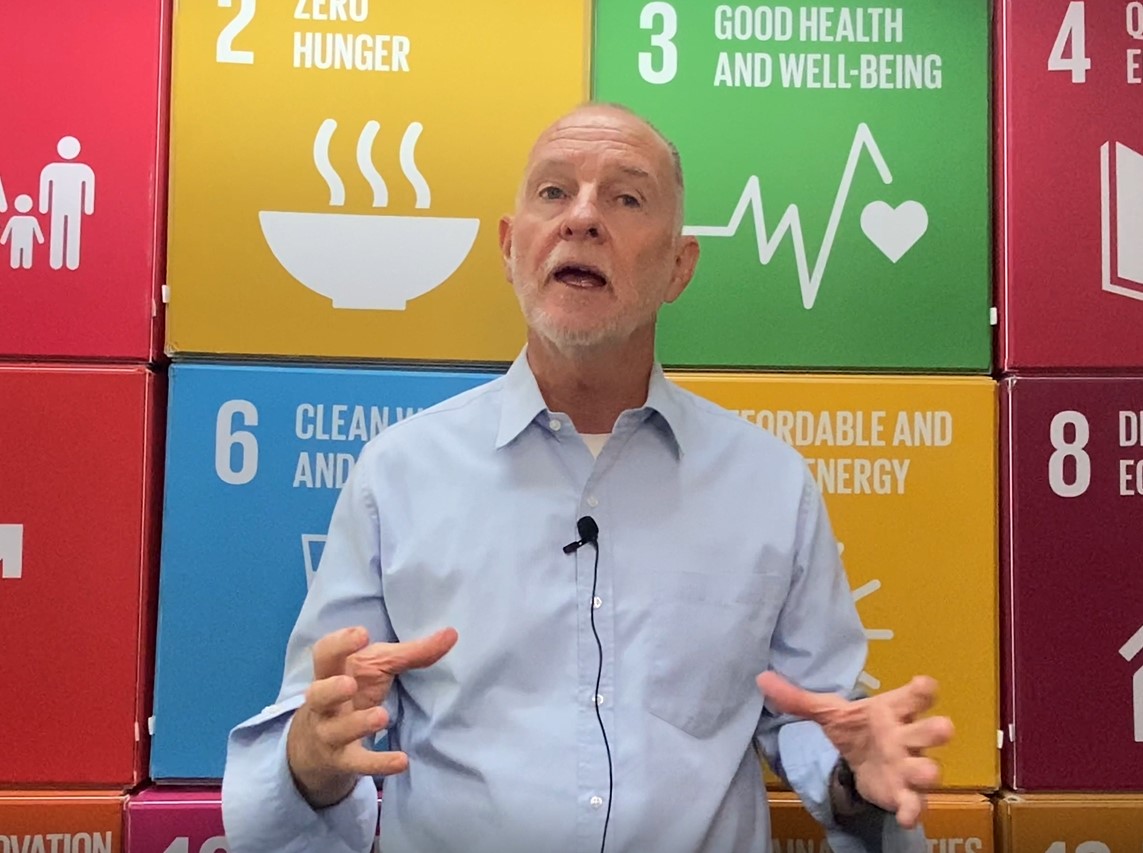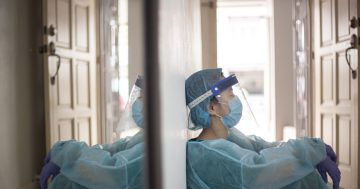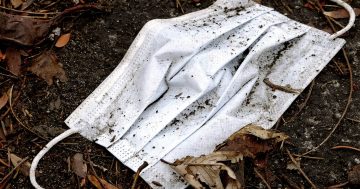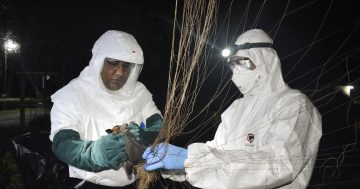
PHAA CEO Terry Slevin says the best disease is the one you don’t get: “Prevention is the key, and the CDC has to be at its core about preventing illness and disease”. Photo: PHAA.
This month the long-awaited first iteration of Australia’s Centre for Disease Control (ACDC) begins operations, with legislation for its establishment expected to be passed through parliament this year.
While the interim facility has arrived after more than three decades of calls for it by health experts, the Public Health Association of Australia (PHAA) says it’s still waiting on the Federal Government for more details.
The leading public health body’s CEO and Adjunct Professor at the ANU, Terry Slevin, says they’re keen to see how it will work in practice with the states and territories.
“We’re particularly interested in seeing that the centre’s core structure matches what was in Labor’s 2022 election commitment: that it leads the federal response to future infectious disease outbreaks and works to prevent non-communicable (chronic) as well as communicable (infectious) diseases.
“Indeed, as the ALP’s election promise also stated, all Australians will benefit from improved pandemic preparedness and response, as well as a renewed focus on preventing chronic disease.”
In December the Australian Bureau of Statistics’ National Health Survey 2022 was published, and showed that one in two Australians lived with at least one chronic illness.
Professor Slevin says it’s a crisis that cannot be ignored, which he hopes could be addressed by the National Preventive Health Strategy 2021-2030 and a properly funded and staffed ACDC.
“Spending money on prevention is a far better use of taxpayers’ money than costly treatments and hospitalisation, especially during this cost-of-living crisis,” he said.
Australia is the only OECD country without a centre for disease control, but there’s been a greater impetus for its creation following recent public health emergencies.
The Department of Health and Aged Care in charge of the ACDC noted the COVID-19 pandemic, Japanese encephalitis virus outbreak, emergence of monkeypox, and 2019-2020 bushfires.
Environmental changes have increased the vulnerability to more diseases spreading from animals to people (zoonoses), which have been seen in the more frequent natural disasters occurring as a result of climate change.
Following consultation with stakeholders in 2022, the government committed $90.9 million in the 2023-24 Budget for setting up the ACDC, developing expertise on the health connections between people, animals and the environment, and our understanding of health threats.
The government is taking a phased approach to the ACDC’s development so it grows in a sustainable way, and will operate at locations around Australia until a permanent location is decided upon.
According to the ACDC website, it will:
- Prepare and plan for potential public health emergencies, such as pandemics
- Respond to a range of emergencies that have an impact on public or human health
- Coordinate and collaborate with states and territories to take a national approach
- Collate, monitor and analyse disease surveillance data from international, state and local sources
- Advise government and inform the public on health issues using an independent, evidence-based approach.
Professor Slevin says the PHAA is working hard to encourage active and constructive conversation with the government, so the best possible ideas can be brought together to make up the CDC here in Australia.
“The bottom line is it’s avoiding duplication, maximising coordination, maximising the expertise in Australia with consistent advice at the highest possible level, that’s independent and expert driven. It will be available to help everyone in Australia to deal with public health crises and emergencies, either slow moving or rapidly evolving.”







